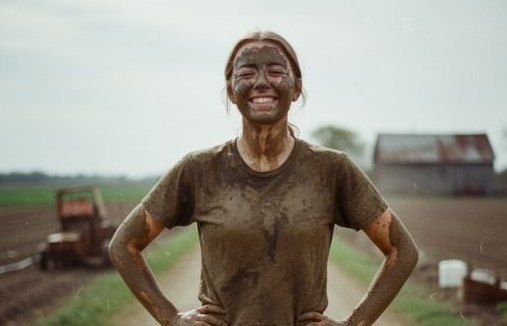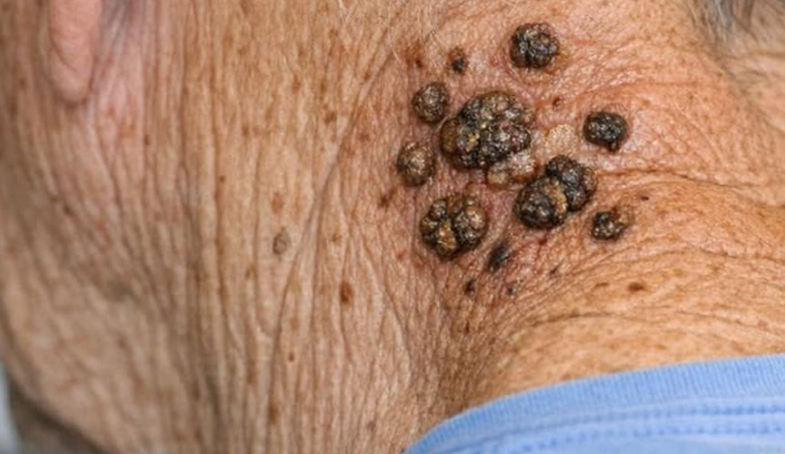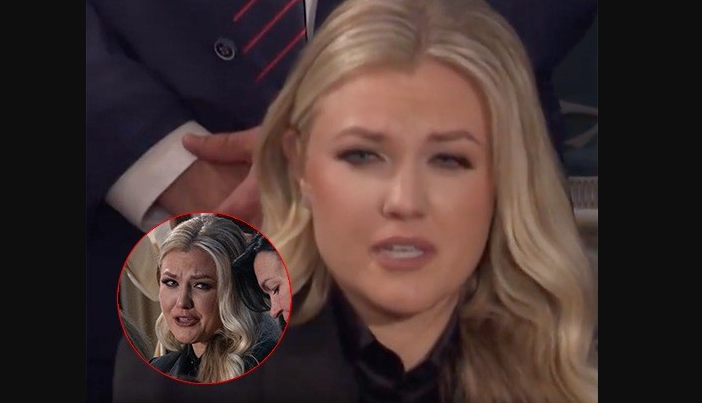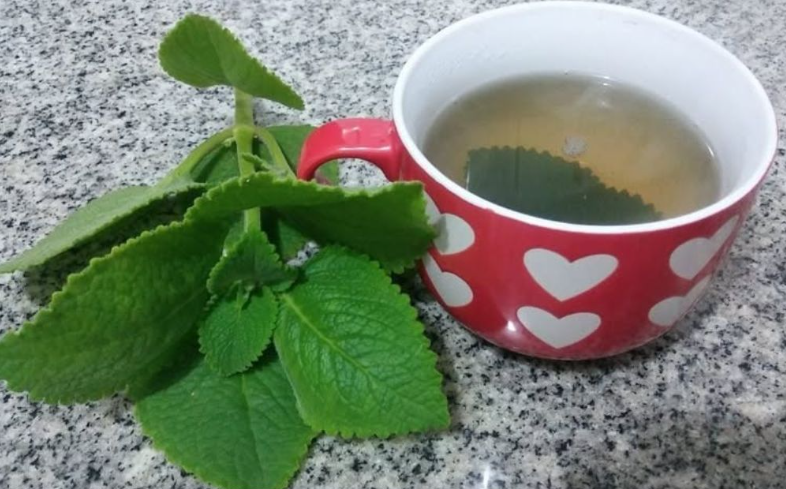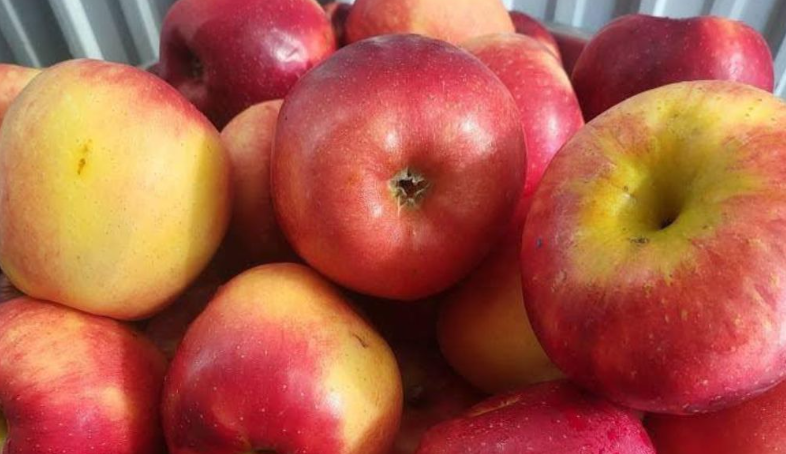They produced mooing noises when I entered the classroom—actual moo sounds. Someone attached a straw to my locker with a sign reading “BARN PRINCESS.” I cleaned my boots each morning to mask the farm scent, yet it never helped. Everyone recognized my family operated a modest dairy farm. I turned into the target of humor—the “cow girl.”
Freshman year proved the most challenging. I skipped practices to assist with calves and arrived at school carrying the aroma of iodine. Once, a girl scrunched her nose and remarked, “Can’t you shower before school?” The class erupted in laughter. Nevertheless, I cherished the farm—the cadence of milking at dawn, the comfort of a newborn calf. It represented genuine labor, even if others failed to view it that way.
By senior year, I grew weary of concealing my life. On “Dress As Your Future Self” day, I appeared in jeans, boots, and my dad’s worn hat. People chuckled, but I remained steady. Later that day, my agriculture teacher presented me with a flyer for an FFA public speaking contest. “You could win this,” he stated. Delivering a speech about farming—the exact subject of mockery—felt daunting yet appropriate.
I rehearsed my speech inside the barn, with cows serving as my listeners. When I finally delivered it at the competition, I started, “My name is Amira, and I’ve delivered six calves and saved a goat’s life—and I wouldn’t trade it for anything.” The audience applauded. I secured regionals. Then state. Suddenly, “cow girl” no longer carried the weight of an insult.
Months afterward, I addressed an audience in Washington, D.C., regarding the future of farming. I wore a blazer—and boots. I had discovered something profound: you don’t need to alter your identity to achieve success. Embrace your origins with pride. Let them laugh—you’ll still rise higher.
